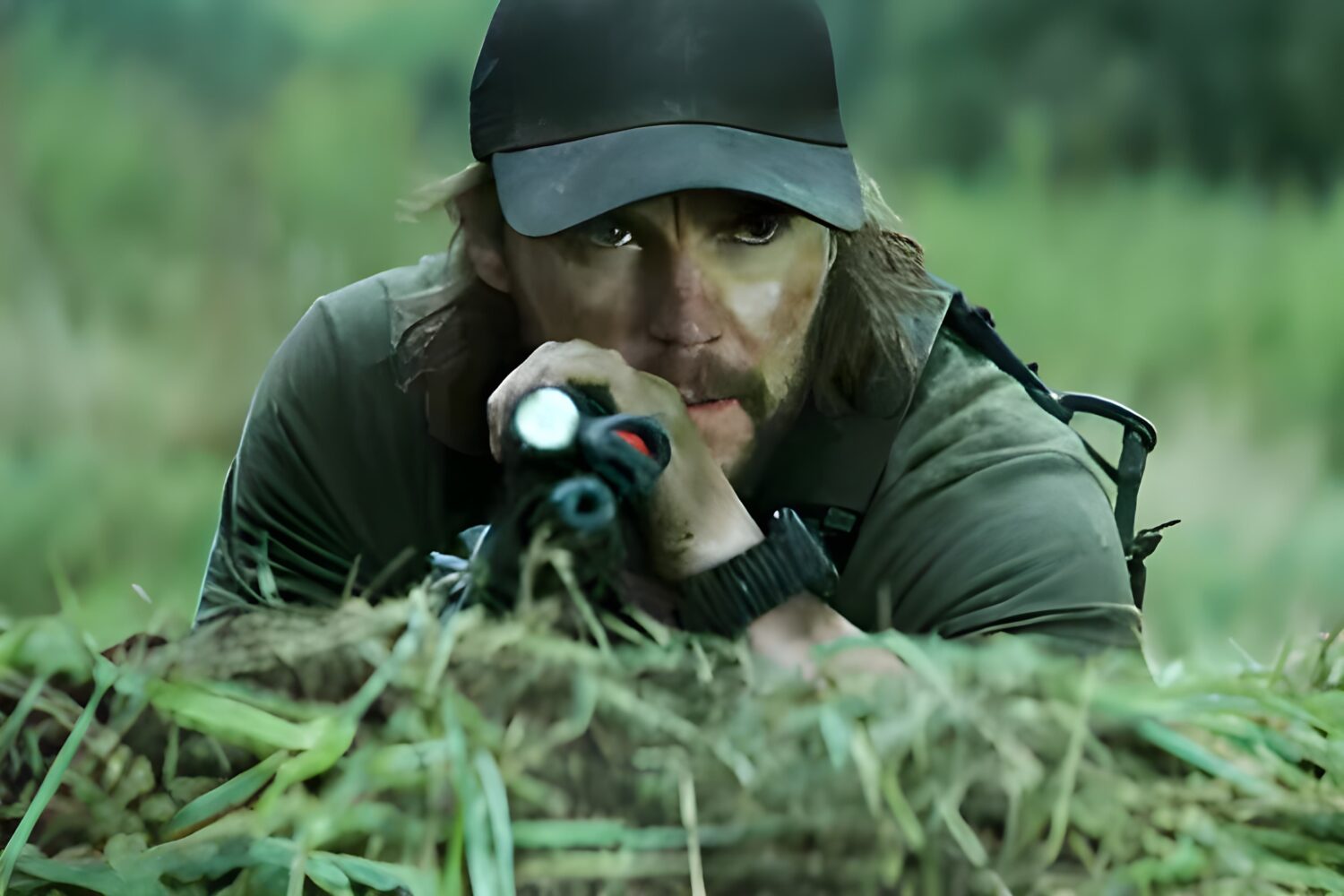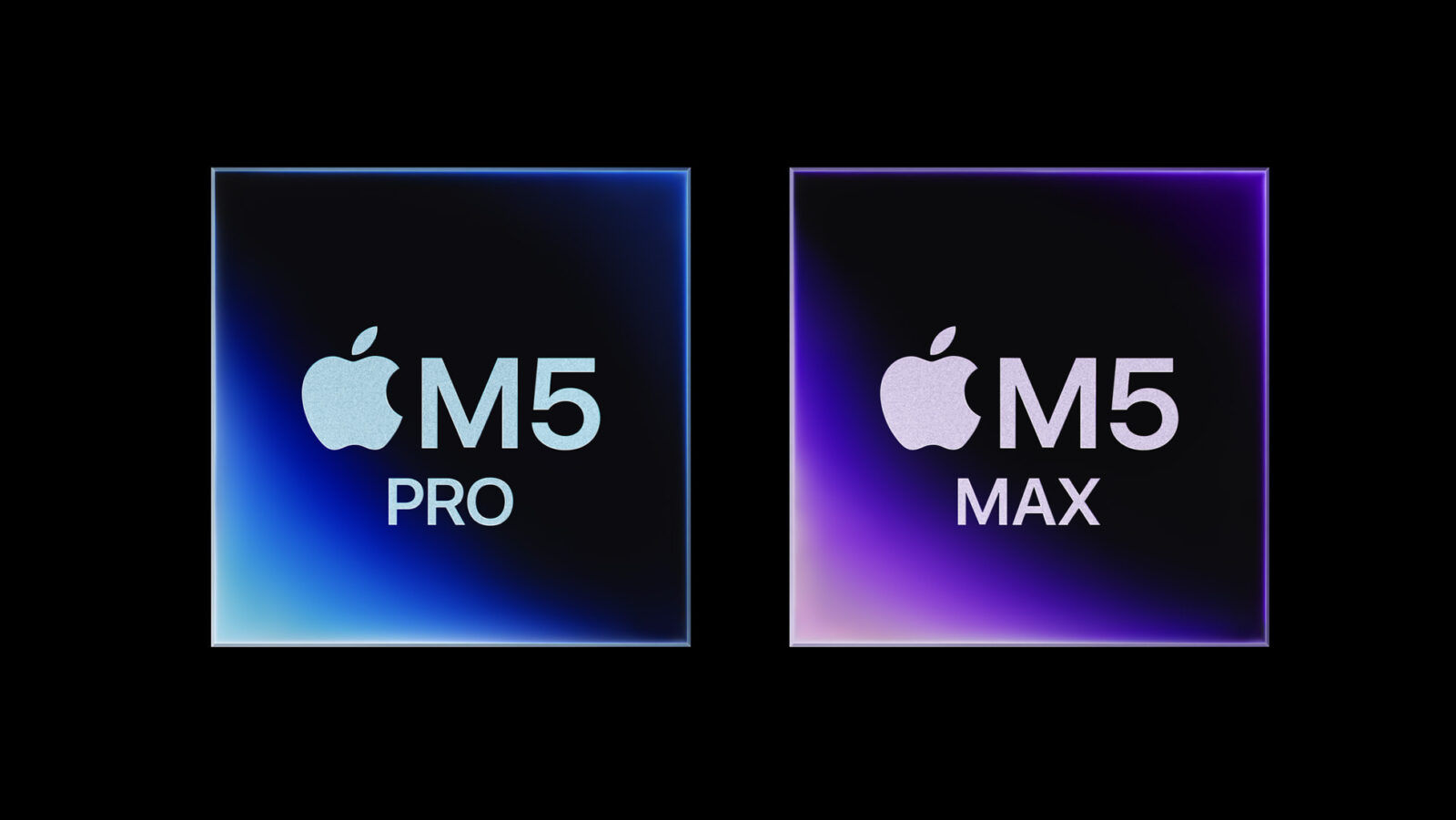TL;DR: Explosions, bromance, and one very sad divorce email: Dark Wolf ends strong, tees up Season 2, and proves that Taylor Kitsch is still Hollywood’s best sad-eyed action hero.
The Terminal List: Dark Wolf
There’s something deliciously absurd about the fact that I spent the last month watching a show where Taylor Kitsch skulks around Europe with the weight of the world on his shoulders, and my main takeaway is: wow, this man really knows how to look both haunted and handsome under fluorescent safe house lighting. That’s the thing about The Terminal List: Dark Wolf—the finale, “The Wolf You Feed,” reminded me that for all its explosions, CIA chess matches, and alphabet-soup geopolitics, the real weapon here is the melancholy, slightly greasy charm of Ben Edwards. And when Chris Pratt finally saunters back in as James Reece, it’s like the Amazon algorithm itself whispered: “Hey, remember Season 1 of The Terminal List? Remember when you actually gave a damn about this bromance?” Yeah. They know exactly what they’re doing.
I should back up. Dark Wolf is technically a prequel, set years before The Terminal List. Which is wild, because it often feels like the kind of prequel that only exists so someone in a Prime Video boardroom could say: “We’ve already built the Navy SEAL murder-verse; let’s expand it with spinoffs.” And yet—despite my cynicism, despite the fact that I rolled my eyes every time a character explained CIA bureaucracy out loud—it got me. By the finale, I wasn’t doomscrolling my phone. I wasn’t thinking about whether my DoorDash driver was about to judge me for ordering dumplings at midnight again. I was locked in. Because the show had finally done the one thing I wanted it to do: it brought Reece and Edwards back into orbit, guns blazing.
Time Jumps and Trauma Dumping
The finale kicks off with one of those slightly disorienting time jumps, the kind that makes you check whether you accidentally hit “next episode” instead of “resume.” Months have passed since Raife Hastings’ defection and his chest-thumping monologues about loyalty, and now everyone’s filing paperwork about who’s actually the villain. Spoiler: it’s still Jed Haverford, because Robert Wisdom plays him with that perfect smugness of a man who thinks a pension is just a diplomatic immunity badge. The CIA lets him walk off into retirement like he’s about to spend the rest of his life golfing in Virginia, which, honestly, is probably more terrifying than prison.
But the show doesn’t linger there; it pivots back to Mosul, Iraq, where Reece is reading one of Ben’s letters. And let me tell you, if you’ve ever gotten an email from an old Navy buddy, you know the tone: half confession, half justification, sprinkled with “we were a family” rhetoric that makes you feel guilty for unsubscribing. Ben’s voiceover lays it all bare. He’s not apologizing for the trail of bodies, because in his head, accountability still means blowing things up. There’s a grim poetry to it, and Kitsch leans into that weary cadence—like the kind of guy who drinks whiskey out of a coffee mug at 11 a.m. and calls it self-care.
Safe Houses, Divorce Papers, and Digital Chess Matches
So here’s Ben: holed up in a German safe house, booby-trapping the lawn like a discount Kevin McCallister with access to C4. Between fortifications, he pulls out old videos of Amy, his estranged wife, played by Betty Gilpin. It’s brutal. He even sends the divorce email. (I refuse to call it a letter; it’s 2024, buddy. It’s Gmail. She’s probably reading it on her phone at a Trader Joe’s parking lot.) It’s in these little domestic cracks where Dark Wolf actually shines. The action is great, sure, but the loneliness—the weight of realizing you chose shadow wars over family—that’s what hits.
And then, like a guy who just discovered AIM chatrooms, Ben logs on to play chess with Tal. Except, of course, it’s not about rooks and bishops. It’s the covert ops version of “u up?” Their moves trigger trackers, which, naturally, put Ben back on the radar of Haverford and Cyrus Rahimi, who are both circling like vultures.
Explosions as a Love Language
If you’ve watched even one minute of this franchise, you know the drill: SUVs full of angry men in tactical gear will pull up to a secluded house. The house will explode. The bad guys will recover just in time for another explosion. Rinse, repeat. But damn if this sequence wasn’t fun. Ben’s prep work pays off as he lights up the countryside, slipping into his escape tunnel while casually nuking his own safe house. For a moment, I wondered if the showrunners had just decided to reboot Home Alone for a millennial audience that really likes military acronyms.
Still, the math is against him. Outnumbered and bleeding, Ben looks ready to tap out. And that’s when Reece finally reenters the chat. Chris Pratt rolls up with Alpha Team like it’s 2018 again, mowing down mercenaries and dragging Ben out of his suicidal spiral. It’s pure fan service, and I ate it up like those midnight dumplings. For one glorious firefight, we got the old magic back: brothers-in-arms banter, muzzle flashes, the kind of military soap opera camaraderie that makes you want to text your high school friends even if you haven’t spoken in ten years.
Detours, Deliveries, and Vengeance Tourism
Of course, this isn’t just about survival. Ben still has receipts to collect. He makes a detour to Tel Aviv to leave a package for Eliza’s daughter. Inside: the book Eliza once bought her, plus the bracelet she wore when she died. It’s a small, tender gesture from a man who otherwise expresses feelings through high-caliber rounds. Again, these moments matter. They remind us that underneath the Kevlar and conspiracy boards, there’s still a human trying to make amends in the only clumsy ways he knows.
Meanwhile, Mo, Landry, and Tal go full Avengers Assemble with their revenge plot. We get a tour of Istanbul arms dealers getting offed, Cyrus Rahimi’s explosive send-off during his kid’s soccer game (yes, soccer game—suburban terrorism is a choice), and finally Haverford realizing he’s about to be the last domino to fall.
The Big Bad’s Big Rant
Here’s where the finale drops its philosophy. Ben corners Haverford, and instead of a quick bullet, we get a Vietnam monologue. Haverford explains he wanted to kickstart a war between Israel and Iran because, in his view, America’s failure to punish Iran after Vietnam taught them that terrorism works. It’s a villain speech straight out of the Oliver North playbook—half history lesson, half justification for atrocity. Ben listens, weighs it, and ultimately walks away, letting the authorities clean up. It’s almost anticlimactic, but maybe that’s the point. The warhawks always think they’re the chessmasters, but when exposed, they’re just angry old men in golf polos.
Setting Up the Franchise Machine
But wait—there’s more. Because Amazon never lets a spinoff die without dangling a sequel. Two months later, Pablo Schreiber shows up as Hank “Dasher” Dashnaw, dropping the line “We deal in lead, friend” like he’s auditioning for a Fallout DLC. He tempts Ben with a new CIA gig. And in the final beats, Ben sits for a lie detector at Langley, openly admitting to murder and espionage like it’s a resume. Why does he want the job? “Because I belong here.” Cue credits. Cue Season 2 speculation. Cue my cynical grin.
Final Thoughts on the Wolf You Feed
Look, I’m not going to pretend Dark Wolf reinvented the wheel. It didn’t. It gave us familiar beats: morally gray operators, CIA overlords with God complexes, and explosions timed for ad breaks. But it also gave us an hour where Ben Edwards stopped being just Reece’s tragic sidekick and actually became a fully fleshed-out antihero. It gave us a reminder of why this franchise works at all: because beneath all the jargon and geopolitics, it’s about friendship, betrayal, and the ugly cost of loyalty.
Is it flawless? No. Sometimes it feels like a Tom Clancy fanfiction that took itself too seriously. But in the finale, when Reece and Edwards reunited, I felt that old thrill. And maybe that’s enough.







